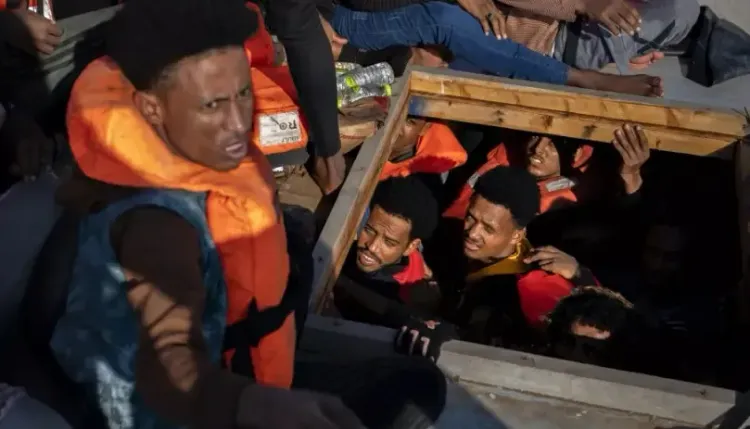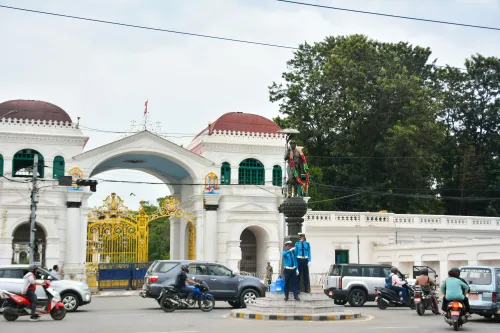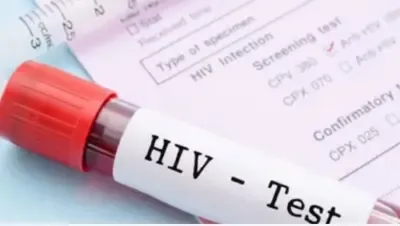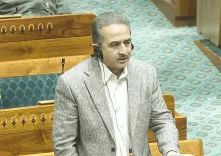EU Agency: 'Return Hubs' Must Uphold Migrants' Rights

Synopsis
Key Takeaways
- The FRA insists 'return hubs' must respect fundamental rights.
- Member states remain accountable for rights violations.
- Robust safeguards are essential for compliance with EU law.
- 'Legally binding agreements' with host countries are necessary.
- Migrants should not face collective expulsions.
Vienna, Feb 7 (NationPress) The European Union (EU) Agency for Fundamental Rights (FRA) has emphasized that the suggested 'return hubs' for denied asylum seekers need to adhere to fundamental rights legislation and must not turn into 'rights-free zones'.
The EU is contemplating the creation of 'return hubs' in non-EU nations as temporary facilities for asylum seekers whose applications within the EU have been declined while they await deportation to their native countries, as reported by Xinhua news agency.
In a position paper released on Thursday, the FRA delivered a strong message to the Commission, asserting that any initiative to set up 'return hubs' must be accompanied by stringent safeguards to ensure lawful and dignified treatment.
Even if situated outside the EU, these return facilities must comply with fundamental rights requirements under EU legislation, and member states would still be accountable for rights violations at these hubs and during any transfers, according to the position paper from the Vienna-based FRA.
'The planned return hubs cannot become rights-free zones,' stated FRA Director Sirpa Rautio.
'They would only be in compliance with EU law if they incorporate robust and effective fundamental rights safeguards.'
The FRA detailed essential safeguards that should be established before the formation of the return hubs, including adherence to fundamental rights, securing legally binding agreements to protect individuals' rights, and establishing independent human rights monitoring systems.
The agency pointed out that the construction of the camps outside the EU does not exempt them from complying with EU legislation, as member states and Frontex would remain accountable for rights violations at the hubs and during transfers.
The FRA advocates that the bloc should enter into a 'legally binding agreement' with the host nation to establish 'minimum standards for conditions and treatment' of relocated migrants and to introduce a 'duty' to mitigate violations of fundamental rights. (Currently, Brussels has not indicated where the hubs may be located.)
The agency maintains that migrants sent to these centers must possess a 'valid and enforceable decision' based on an 'individual assessment' of their asylum applications and must never face collective expulsions, which are prohibited under international law. Vulnerable individuals and children should be excluded from the initiative.










